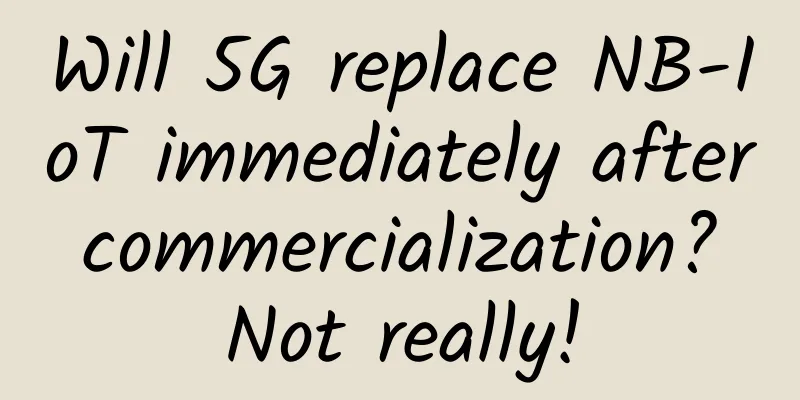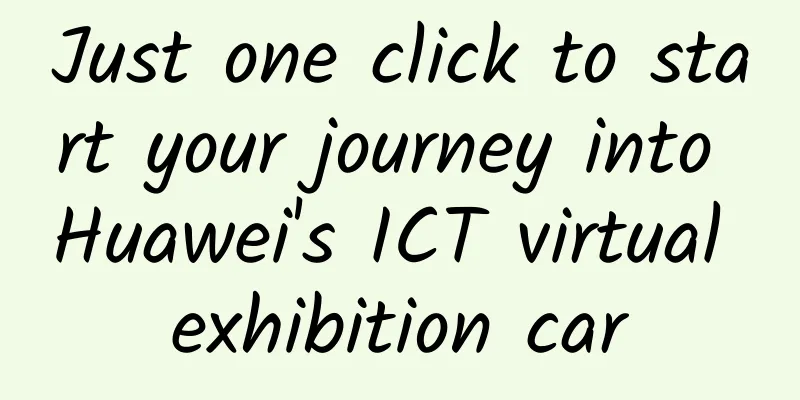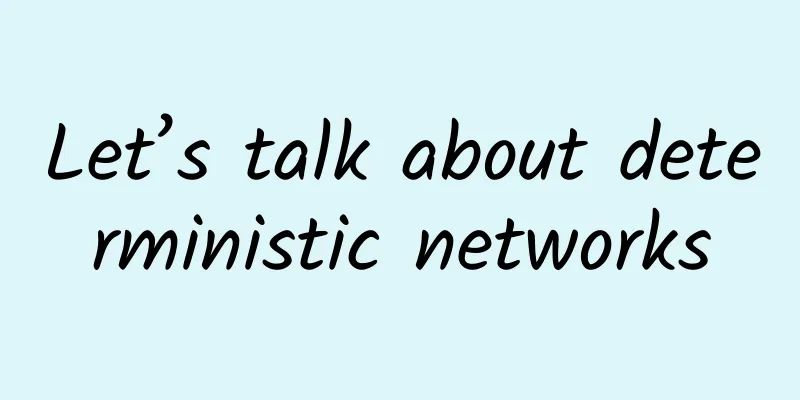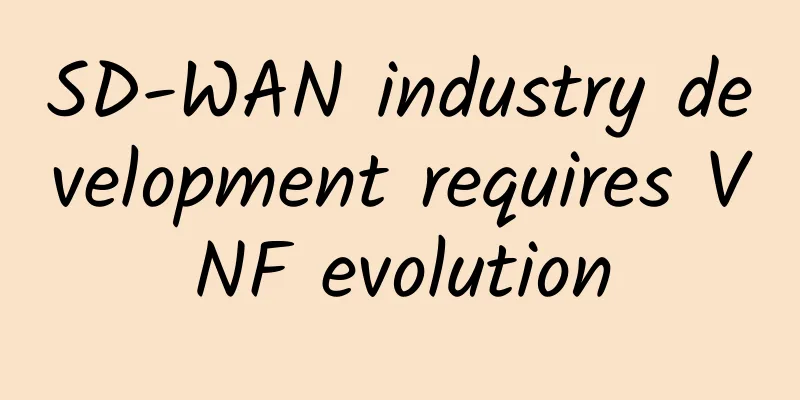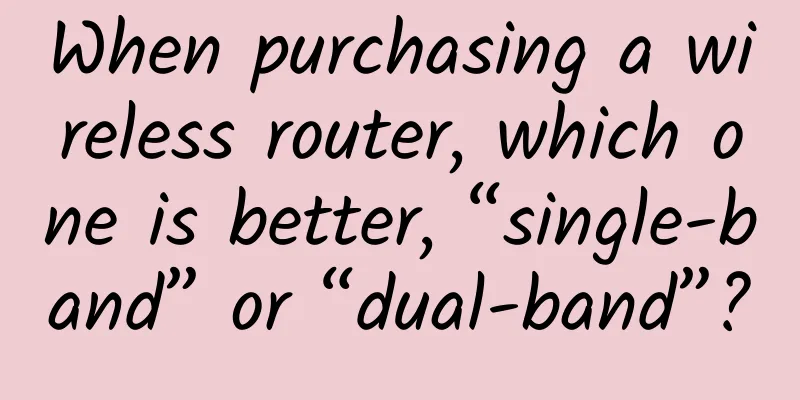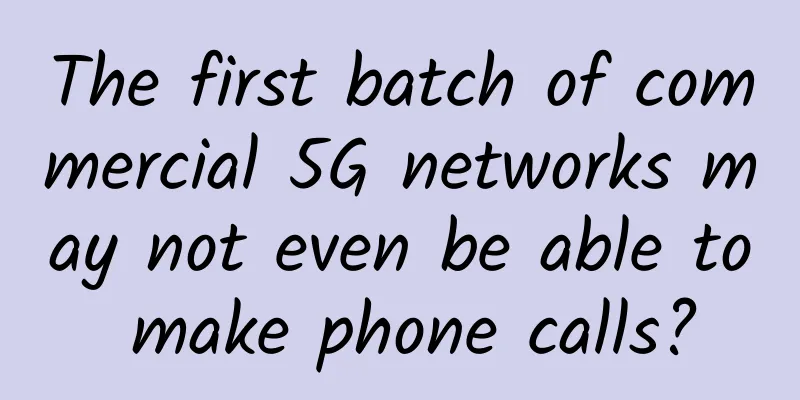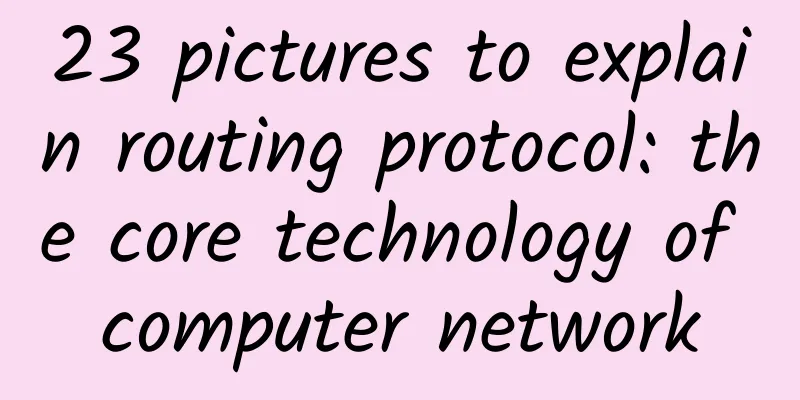Do you know the misunderstandings about 5G?
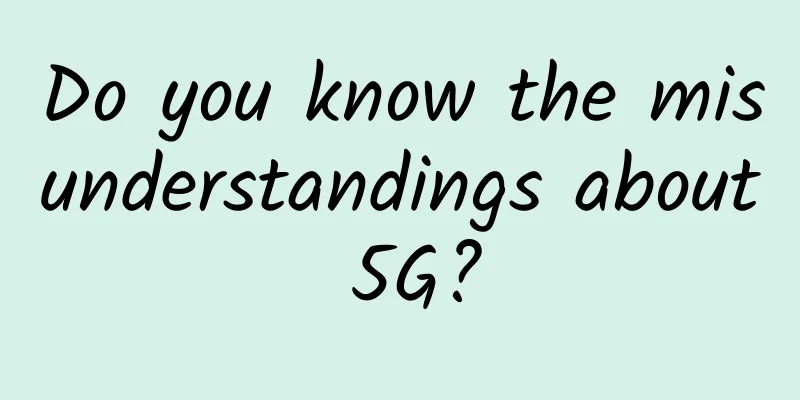
|
Today I will reveal to you five misunderstandings about 5G. Myth 1: 5G will completely replace 4GThis is perhaps most obvious, and even the least enthusiastic recognize that 5G is the next generation of wireless networks after 4G - implying that it will completely replace previous mobile networks. 4G and 5G networks will coexist - in fact, they already do, with 5G building on existing 4G LTE using newer radio technology and software. Myth 2: 5G is all about speeding up smartphone connectionsWhen it comes to networks and wireless connections, speed is often the most eye-catching word, and indeed, 5G will eventually offer speeds up to 100 times faster than 4G networks, which will directly translate into faster connections and download speeds for consumer smartphones. However, 5G is about much more than consumers and their smartphones, and once fully rolled out it will have a huge impact on a wide range of industries, including the internet of things, robotics and self-driving cars. Misconception 3: 5G will deploy a large number of small base stationsAt present, the deployment of 5G is similar to that of 4G, with macro base stations as the main and micro base stations as the auxiliary. For ultra-high-capacity hotspots, such as stadiums, large gathering places, commercial streets, etc., small base stations will be used to supplement the heat, which is also easy to disguise and hide. For wide coverage, medium and high frequency bands will not be used in large quantities. Major operators have racked their brains to re-cultivate the medium and low frequency bands currently used by 3G and 4G for 5G, such as 1800M, 2100M and 700M in China. Because of cost considerations, the saying that 5G small base stations are everywhere will not appear in reality. Myth 4: 5G must use a completely new frequency bandYou can use new frequency bands to build 5G, but no one prevents you from recultivating 2/3/4G frequency bands or using existing frequency bands to build 5G. 5G NR defines multiple frequency bands ranging from sub 6GHz to millimeter wave, as shown in the following figure: Some of them are new frequency bands introduced by 5G, and some are old frequency bands of LTE. 5G is not limited by spectrum resources and can be deployed in low, medium and high frequency bands. Myth 5: 5G will replace WiFiOver the past 20 years, cellular networks and Wi-Fi have been evolving from outdoor to indoor, and from indoor to outdoor respectively. The two complement each other and share the wireless traffic. As cellular networks evolve from 4G to 5G, Wi-Fi technology is also evolving at the same time. 5G high-frequency signals are more difficult to get into indoors, and indoor coverage is weak. Facing the growing video and IoT services, the world will still need Wi-Fi to supplement coverage and capacity. 5G is not to replace Wi-Fi, but the two will work together to expand the scale of the wireless ecosystem. In the future, 5G will not be able to achieve 5G small base stations everywhere. When using the 5G network, if the mobile phone signal is blocked, don’t forget that there is a signal bridging service provider around you! Linchuang's products are sold in 155 countries and regions around the world, and it is a high-tech enterprise that serves more than 500,000 users. In the field of mobile communications, we insist on actively innovating around customer needs and helping customers solve communication signal needs. Linchuang has been committed to becoming a leader in the weak signal bridging industry, making the world free of blind spots and allowing everyone to communicate without barriers! |
<<: Mao Qian: Gigabit broadband has a long way to go, and 10G broadband is about to emerge
Recommend
Huawei Cloud DevRun Summit: Login 2020 will be held tomorrow, and these friends are here
Xi'erqi subway station is so cool these days!...
The convergence of edge data centers and 5G revolutionizes data transmission and the Internet of Things
With the rapid development of the digital age, th...
[11.11] RackNerd: $11/year-1GB/12G SSD/2TB/San Jose/Seattle/Dallas and other data centers
RackNerd has launched this year's Double 11 p...
Markets and Markets: 5G enterprise market size will reach US$10.9 billion in 2027
According to the latest market research report re...
Looking at Huawei in the 5G era, which of the 149 suppliers can achieve success?
The past of Apple’s industrial chain may very wel...
Kaspersky Managed Detection and Response Service receives top rating in Garter Peer Insights
Kaspersky’s Kaspersky Managed Detection and Respo...
Revelation from global 5G speed test: Can operators break away from homogeneous competition?
The same coverage, the same bandwidth, the same m...
5G is just about faster internet speed? If you think so, you are out!!!
1. What is 5G? The world's communication tech...
Interpretation of the 2020 data of the three major operators: Now you can use 5G with confidence
The three major operators released data for Decem...
Experience sharing: key points, difficulties and treatment measures of integrated wiring construction
For the wiring system, the difficulty of construc...
The Basics: What are edge devices?
Edge devices are more than just hardware, and wit...
Relationship-aware routing and global traffic scheduling · SOSP 2019
[[345832]] "Read the Papers" is a serie...
What exactly are big and small ends in communication protocols?
In IoT application development, the communication...
After a year, Wi-Fi 6 has become standard. Here is everything you want to know
Back in September 2019, Apple officially released...
Inspur Networks launches new data center products to build up new potential
In recent years, with the rapid development of in...
